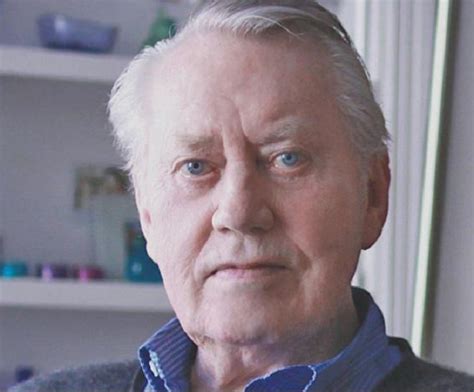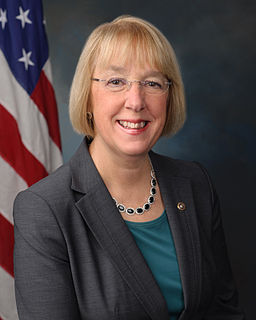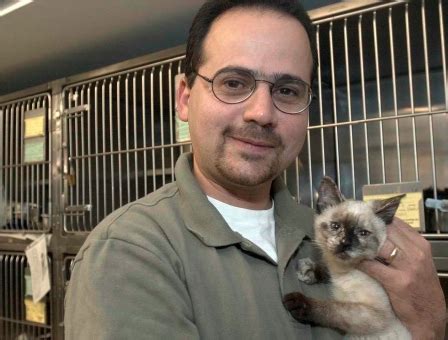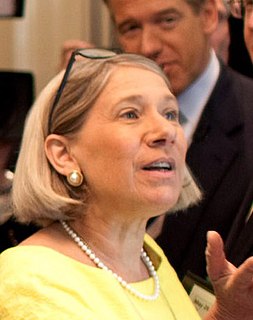A Quote by Ram Dass
By going into third world countries and serving, by actually feeding and helping people, I've been led to focus a little more on how people here try to be happy by ignoring other people who are unhappy.
Related Quotes
It's good to be happy and tell us how cool your life is and how awesome you are on social media. It inspires other people to be happy, too. But a lot of times, people are trying to be happy in the wrong ways - with money or with different things that are not true happiness. It's leading people down a rabbit hole that actually doesn't exist. So people think like, "Yo, once I get this money and these cars and stuff, I'ma be so happy." But that's not true. And I feel like that's why it's very important to educate people on different things while you are actually on social media.
The most unhappy people in the world are those who face the days without knowing what to do with their time. But if you have more projects than you have time for, you are not going to be an unhappy person. This is as much a question of having imagination and curiosity as it is of actually making plans.
While spay neuter is important, our goal has never been no more births, even though reducing birth rates might help. Our goal has been and is, and has always been no more killing. And when you focus on the no more killing part, spay neuter actually takes a backseat to all those other programs like foster care, and adoptions, and helping people overcome the challenges they face that cause them to surrender their animals.
The third lesson and tip actually comes from two of my favorite political philosophers: Mao Zedong and Mother Teresa — not often coupled with each other, but the two people I turn to most to basically deliver a simple point, which is, you're going to make choices; you're going to challenge; you're going to say, 'Why not?'; you're going to figure out how to do things that have never been done before.
There have been times in my adolescence where I gave up. I was like, 'I'm just never going to be pretty. I'm never going to be like one of those people on the front of magazines.' It always seemed really strange to me that the projection of how people are in advertisements looked nothing like the people who were actually buying them. You know what I mean? I never understood that mismatch, and now I really start to see that the people you see in the media are a lot more like people actually are.





































